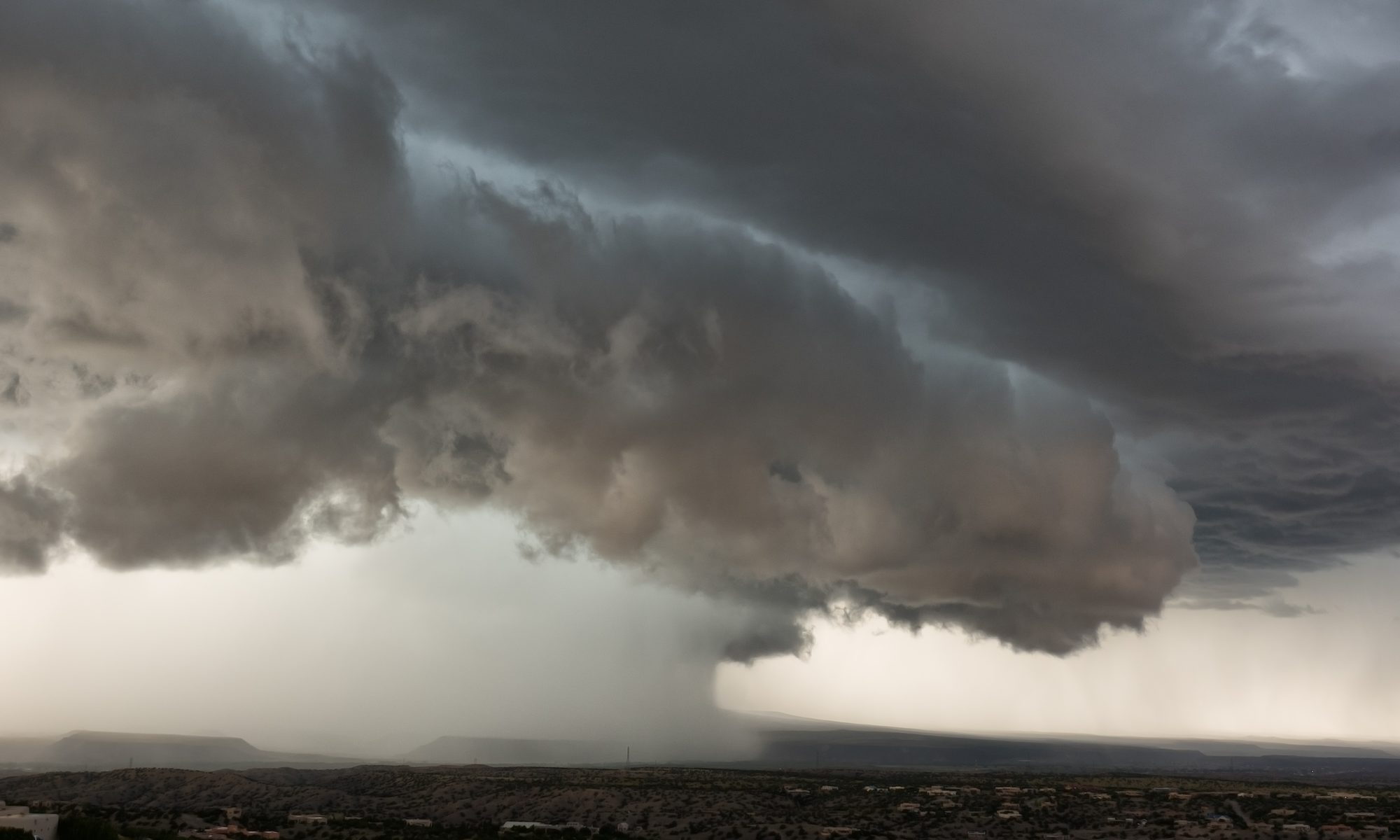The water crisis is a grim reality of our society today. The latest estimates from the NITI Aayog report project an acute water shortage in 21 major Indian cities by 2020. As we approach this Zero Day, there is a surge in our collective consciousness for the environment. The public discourse is finally awakening to this grave crisis and asking the tough questions on what has led to this acute water scarcity & other environmental issues such as worsening air quality, climate change and global warming.

While it is easy to put the blame on the government, civic bodies or industries for the water crisis, we as individuals are equally responsible for this dire situation. The problem is simple – we do not value what we get for free – be it clean air or water.
As individuals we have an attitude that is geared for myopic, short-term personal gains. This attitude makes us cut down forests for our ever-expanding urban infrastructure without considering its implications on the temperature of our cities or the habitat and well-being of the flora and fauna that surrounds us. The same attitude has led us to over extract and simply dry up surface water bodies (lakes, ponds etc.) or groundwater resources (wells, underground aquifers etc.).
This prolonged reckless extraction of ground water using the most advanced pumps, going to ever greater depths without even bothering to check the rate of depleting ground water levels is unsustainable.
Unless we resolve to artificially recharge the ground water aquifers to cover the gap that has resulted due to the inflow and outflow of water from the ground water reserves – many parts of the world will approach a zero-water day soon.
Through interactions with hundreds of people who approach us for rainwater conservation and harvesting, we have seen a frightening scenario emerge – one where residential societies and home owners pay ever increasing sums of money to private water supply tankers. These water tankers ferry water into the city from farther away each year drying up towns and villages to quench the thirst of our big cities.
Meanwhile changing climate patterns makes rainfall volumes more erratic and unreliable. Even in a good monsoon year, while we may still see familiar scenes of localized flooding in our cities, most of that water ends drying up without getting absorbed by the ground due to the construction and concrete paving of surfaces.
When people consider development of rainwater harvesting and groundwater recharge solutions, their primary concern is to provide immediate relief for their own water shortage. Here they tend to overlook the fact that the groundwater aquifers are a shared resource and when they withdrew from a common pool of shared resources, they must also recharge the aquifers without the expectation that the water they recharge is their private property.
As we continue to reflect upon the causes of the water crisis, it is clear that time has come to bring a major change in our attitude towards our environment and start seeing beyond ourselves. Rather than only exploit natural resources we have to work towards supporting natural processes that replenish these resources. We have to make a very strong commitment to protect the environment for all.
We have to ensure extensive reforestation and tree plantation. We have to ensure complete space and protection to wild life both on land as well as in water. We have to ensure massive rain water harvesting and ground water recharge projects on a large scale to ensure availability of sufficient fresh water for everyone.
At SILVERON we are committed to developing systems for rainwater harvesting and groundwater recharge in sustainable manner that supports the natural cycle of water flow.
